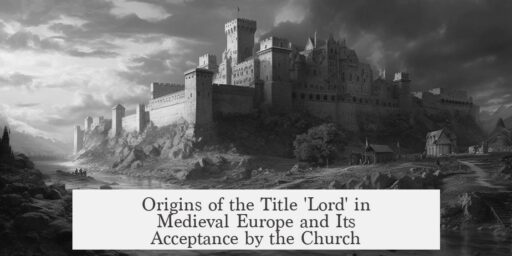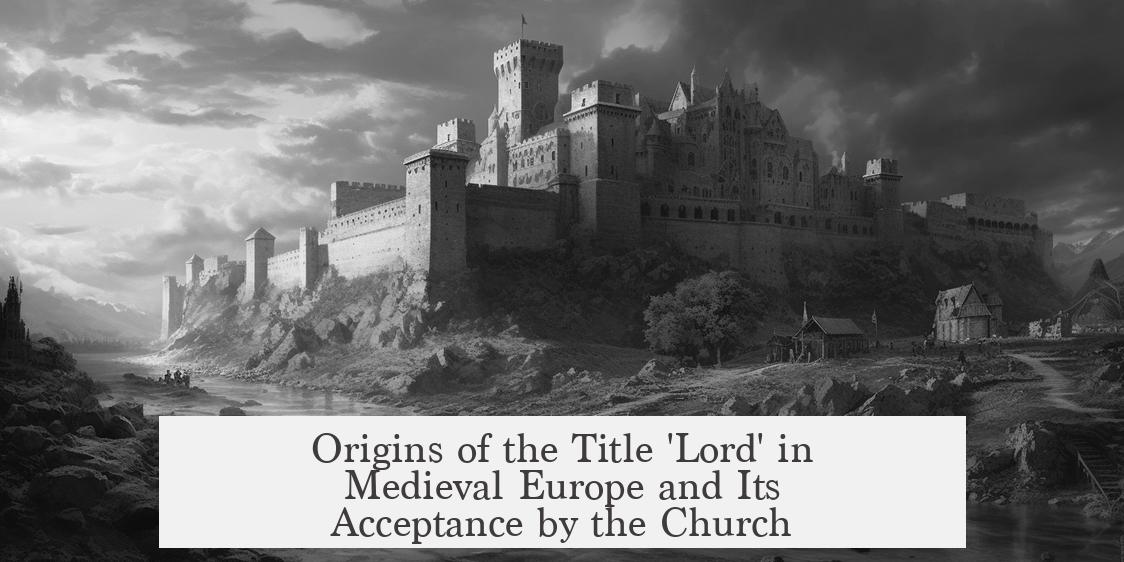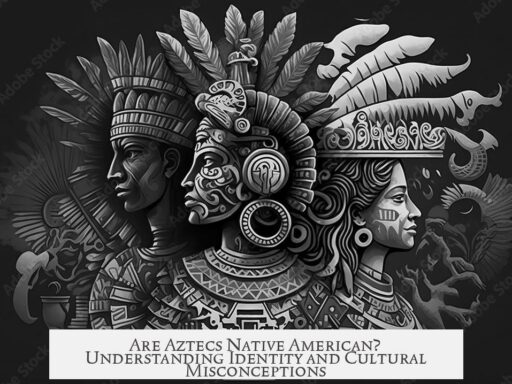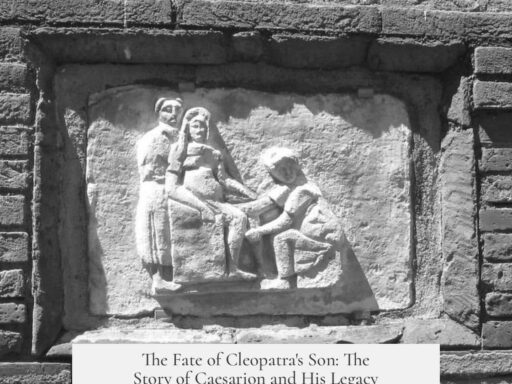The title “Lord” in Medieval Europe originates from the Old English word hlaf, meaning “loaf” or bread. It initially referred to a “hlafweard” or “hlaford,” literally a “loaf-keeper,” the person responsible for providing food. Over time, this secular term evolved into a noble title. The Church did not find this usage blasphemous because it distinguished divine lordship from earthly lordship, embracing metaphor and hierarchy in its theology.
The word “lord” comes from basic, everyday origins. Anglo-Saxons called their chiefs or heads of households “hlaford,” the one who kept or provided bread. This role was crucial in society, as controlling food meant sustaining life. Examples exist in Old English texts such as Judith and The Battle of Maldon, where this term is used for secular leaders.
Importantly, in early religious contexts, the term “lord” did not denote God. Old English Bible translations use the word “God” directly to refer to the divine. For instance, Genesis 3:9 in Old English says, “God clipode þa Adam,” not “lord.” The Latin term “Dominus,” meaning master or ruler, was commonly used in religious Latin texts, but its English counterpart, “lord,” only later took on a divine implication.
By the early 13th century, Middle English began to use an early form of “lord” (“Laverd”) explicitly for God. Texts such as Ancrene Wisse illustrate this shift: the term came to stand for the supreme divine authority, the “Big Man Upstairs.” This change was influenced by vernacular translations of Latin religious texts and a growing theological need to distinguish God’s lordship from earthly power.
The transition from a secular to a religious meaning reflects how language adapts across contexts. Latin “Dominus,” initially a word for heads of households and masters of slaves, carried connotations of formal power and authority. Translators borrowed this term to signal God’s supreme sovereignty and hierarchy within Christian doctrine. This semantic shift gave “lord” a religious dimension that coexisted with its secular use.
The Church, however, carefully maintained distinctions in how the term was applied. Medieval theologians debated the appropriateness of Earthly titles for God. While “dominus” was used for both earthly lords and God, the latter was seen as uniquely possessing true “willful power,” meaning the ability to enforce one’s will, including lawful authority and, if necessary, violence.
For example, the 12th-century theologian John of Salisbury deliberately avoided using “dominus” when describing secular rulers. He reserved such terms for God alone, emphasizing that divine lordship alone embodied ultimate power. He described this as the “ability to make what you say into reality,” a capacity he believed earthly lords could not truly possess. This theological stance prevented confusion or blasphemy in applying the title.
In contrast, earthly rulers received titles like princeps (prince), dux (duke), or rex (king). Some of these titles overlapped with Christ’s biblical and theological titles, but the term “dominus” was distinctively divine. This separation reinforced the spiritual hierarchy where God is the sole legitimate Lord.
The Rule of Benedict offers a practical example of this nuanced lordship. Chapter 63 instructs that the abbot is to be called “Lord” not due to personal pretensions but because he represents Christ. This title is an honorific and metaphorical one, reflecting Christ’s spiritual leadership rather than claiming divine authority.
Medieval people understood titles as context-dependent and heavily symbolic. They did not interpret the use of “lord” as implying identical authority in every case. Instead, allegory and metaphor shaped the worldview. A human lord did not possess God’s omnipotence, and titles functioned differently depending on spiritual or social context.
| Aspect | Explanation |
|---|---|
| Etymology | Old English “hlaf” (loaf) + “weard/ord” (keeper) = “hlaford” (bread-keeper, leader) |
| Early use | Secular leaders, chiefs, heads of households responsible for food and protection. |
| Religious use | Initially not applied to God in Old English Bible texts; later Middle English adopts “lord” for God. |
| Theological view | God uniquely holds true lordship with sovereign willful power; earthly lordship is delegated or metaphorical. |
| The Rule of Benedict | Abbot called “Lord” to represent Christ, emphasizing honor and service, not divine authority. |
| Church attitude | Accepts figurative use for humans; reserves full divine Lordship for God, avoiding blasphemy. |
The Church did not see the use of “lord” as blasphemous because it recognized layered meanings and contexts. Divine lordship is supreme and absolute. Human lordship is practical, social, or honorific. The Church’s theological frameworks, such as those by John of Salisbury and the Rule of Benedict, safeguarded the sacred uniqueness of God’s lordship. Therefore, using the same title did not imply equating human leaders with God but reflected roles within hierarchical relationships.
In summary, the title “Lord” began as a practical term for a bread-provider in Anglo-Saxon society. It evolved into a secular honorific for nobles. The Church gradually integrated “lord” into religious language, influenced by Latin “dominus,” to denote God’s supreme authority while maintaining careful distinctions between divine and earthly lordship. This balance prevented accusations of blasphemy and allowed layered meanings within medieval Christian culture.
- “Lord” originates from Old English “hlafweard,” meaning “bread-keeper.”
- Old English religious texts distinguished “God” from “lord” initially.
- By the 13th century, “lord” also referred to God, aligned with Latin “dominus.”
- Church theology reserved true lordship, or sovereign willful power, for God alone.
- Human lords held delegated or symbolic authority, often linked to Christ’s representation.
- Medieval titles were metaphorical, context-dependent, and never equated humans fully with God.




